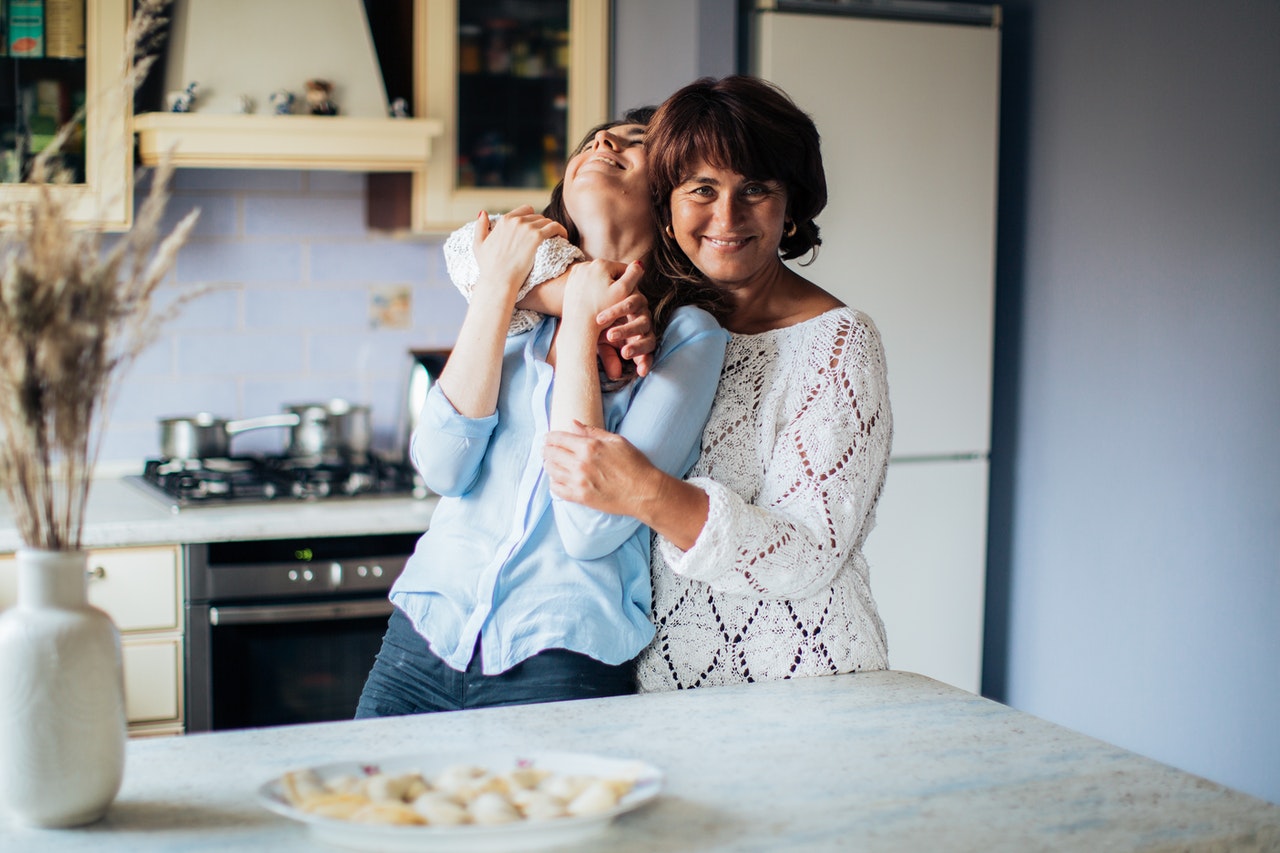The past year has been lonely. Because COVID-19 spreads through close contact, people were asked to maintain a safe distance away from others, even friends and family. No hugs were permitted. Not even handshakes were safe.
Months since the pandemic started, the virus is still spreading. Although vaccines are now being distributed, it will be a long time before life goes back to normal and people can once again be close to one another.
The physical distancing and stay-at-home orders have led to a deprivation of touch among large swaths of the population.
The Power of Touch
Touch is said to be the mother of all senses. A single touch of the shoulder can express support and solidarity. By holding someone’s hand can give feelings of safety. Of course, a hug does all sorts of wonderful things such as reduce stress, lower blood pressure and heart rate, boost the immune system, and make you happier.
Touch is essential to the growth and development of infants. Children who have not had enough physical attention are at a higher risk of social, emotional, and behavioral problems as they grow older.
In one study, children in Romania who have lived in orphanages for more than eight months had much higher levels of cortisol compared to those who were adopted at or before the age of four months. Cortisol is the hormone associated with stress.
But, being an adult does not exempt a person from needing touch. The experience of positive human touch is integral in one’s overall well-being, leading to better mental and physical health.
Touch Deprivation in the Time of COVID-19

So, when the pandemic happened, so many people lost opportunities to touch and be touched.
Before the global public health crisis, people who were away from family and are not in a romantic relationship still experienced positive human touch in various ways. They get a massage service or therapy, have manicures and pedicures, meet and interact with new people, etc. They have friends who will hold them when they feel lonely.
Now, all types of contact have been taken away.
The deprivation of touch has adverse effects on a person’s mental health. It increases feelings of stress, anxiety, and depression. In addition to the difficulties of living through the pandemic and an economic recession, people have to deal with the loss of physical contact.
Previous studies have found that a hug, or any friendly touch, triggers the release of oxytocin, the hormone produced by the hypothalamus and involved in improving your mood.
Oxytocin is also associated with love. It was said that Cupid’s arrow was dipped in it. One study discovered that people who are in the first stages of a romantic relationship had higher levels of oxytocin compared to those who were unattached.
Moreover, oxytocin plays a role in establishing trust, encouraging empathy, and creating positive memories.
The deprivation of touch could also lead to physical ailments. A study from 2014 looked at the impact of hugs on the immune system and a person’s risk of catching infections. The researchers recruited over 400 participants, all of whom answered questions about the level of social support they receive and how often they get a hug. The researchers then intentionally exposed the participants to the cold virus. They discovered that those who received frequent hugs were more protected from illness-related symptoms and viral infections.
Hugs do not directly shield a person from pathogens, but it does reduce the impact of stress on the biological markers that lead to diseases.
Coping with Touch Deprivation During the Pandemic
The World Health Organization (WHO) emphasized that, during the pandemic, physical distance, not social, is to be avoided. People are still free to connect with their loved ones through safe methods such as phone and video calls, window visits, drive-bys, etc.
However, seeing another person on the screen of a laptop is not an alternative to touch deprivation. That is why, several months later, many people still feel lonely from the lack of physical contact.
An expert recommended trying a treatment called “moving the skin” forcefully enough to hit the pressure receptors. A scalp massage is considered moving the skin and can provide some relief. Other ways to move your skin include wearing compression clothing, brushing your body when you shower or bathe, doing abdominal crunches, or rolling on the floor.
Another option is to create a COVID pod with a friend who also lives alone. Although you would not need to live together, you will follow the same precautions such as wearing face coverings, maintaining a safe distance away from other people, and washing your hands frequently. Then, you can meet a few times a month, hug, shake hands, or whatever you want to do to alleviate the loneliness.
The pandemic robbed so many aspects of life that people took advantage of before and now miss. Touch is only one of them. However tough the situation may be, remember that things will eventually go back to normal.
